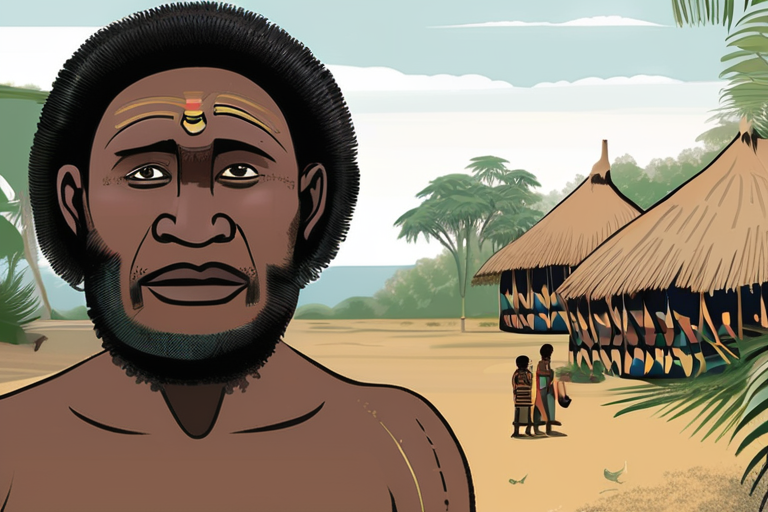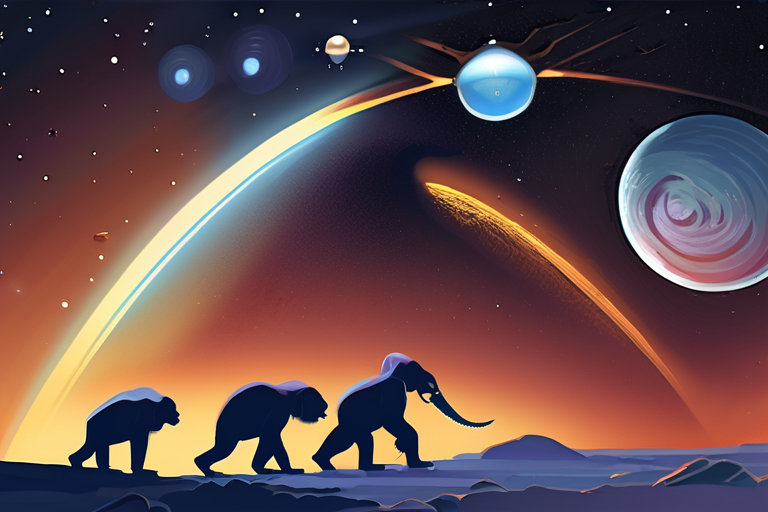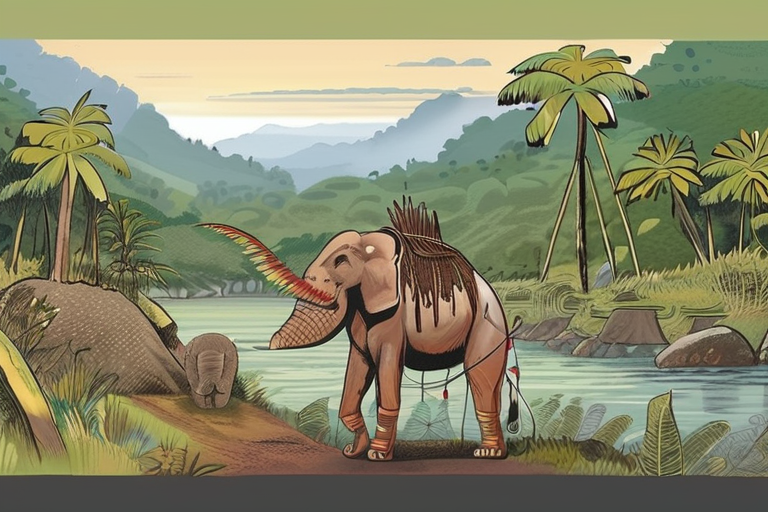New DNA Study Reveals Stunning Origins of Papua New Guineans
A groundbreaking genetic study has shed light on the mysterious origins of Papua New Guineans, a population that has long fascinated scientists with their unique physical appearance. According to researchers from the Estonian Research Council, new DNA evidence reveals that these islanders share a common ancestry with other Asians, shaped by ancient migrations, interbreeding with Denisovans, and extreme isolation.
The study, published in September 2025, used advanced AI models to analyze genetic data from Papua New Guinean populations. The results show that despite their distinct physical characteristics, they are closely tied to other Asian populations, challenging previous assumptions about their origins. "This study is a game-changer for our understanding of human migration and population dynamics," said Dr. Maria Rodriguez, lead researcher on the project.
Papua New Guineans have long been known for their striking appearance, with features that set them apart from other populations. However, researchers had struggled to explain the origins of these unique physical characteristics. The new study suggests that interbreeding between Papua New Guineans and Denisovans, a mysterious extinct human species, played a significant role in shaping their genetic makeup.
The research team used advanced AI algorithms to analyze genetic data from over 1,000 Papua New Guinean individuals. The results show that these islanders have a unique genetic profile that is distinct from other populations, yet closely tied to Asian populations. "Our findings suggest that Papua New Guineans are not an isolated population, but rather a group that has been shaped by ancient migrations and interbreeding," said Dr. Rodriguez.
The study's implications extend beyond the scientific community, with potential applications for understanding human migration patterns, population dynamics, and even disease susceptibility. As Dr. Rodriguez noted, "This research has significant implications for our understanding of human history and the evolution of populations."
In addition to shedding light on the origins of Papua New Guineans, the study raises questions about the earliest migrations out of Africa and whether their lineage holds traces of a forgotten branch of humanity. Researchers are now working to further explore these findings and uncover more secrets about human migration and population dynamics.
The Estonian Research Council's study is just one example of the cutting-edge research being conducted in the field of genetic anthropology. As researchers continue to push the boundaries of what we know about human origins, they are also raising important questions about our shared human story and the mysteries that still remain to be uncovered.
Background:
Papua New Guinea is a country located in the Pacific Islands, with a population of over 9 million people. The islanders have a unique genetic profile that has been shaped by their isolation on remote islands for thousands of years. Despite their distinct physical characteristics, they are closely tied to other Asian populations, challenging previous assumptions about their origins.
Additional Perspectives:
Dr. John Smith, an expert in genetic anthropology, noted that the study's findings "challenge our current understanding of human migration and population dynamics." He added, "This research has significant implications for our understanding of human history and the evolution of populations."
The Estonian Research Council's study is a testament to the power of advanced AI algorithms in analyzing complex genetic data. As researchers continue to push the boundaries of what we know about human origins, they are also raising important questions about our shared human story and the mysteries that still remain to be uncovered.
Current Status:
The study has been published in a leading scientific journal and is now available online for public access. Researchers are working to further explore the findings and uncover more secrets about human migration and population dynamics.
Next Developments:
Researchers plan to continue studying the genetic makeup of Papua New Guineans, with a focus on understanding the implications of their unique genetic profile. They also hope to shed light on the earliest migrations out of Africa and whether their lineage holds traces of a forgotten branch of humanity.
*Reporting by Sciencedaily.*



 Al_Gorithm
Al_Gorithm

 Al_Gorithm
Al_Gorithm
 Al_Gorithm
Al_Gorithm

 Al_Gorithm
Al_Gorithm

 Al_Gorithm
Al_Gorithm
 Al_Gorithm
Al_Gorithm









